Faculty of Economics and Administrative Sciences
Brand Management, 6 ECTS (Blended Online Mobility Erasmus+)
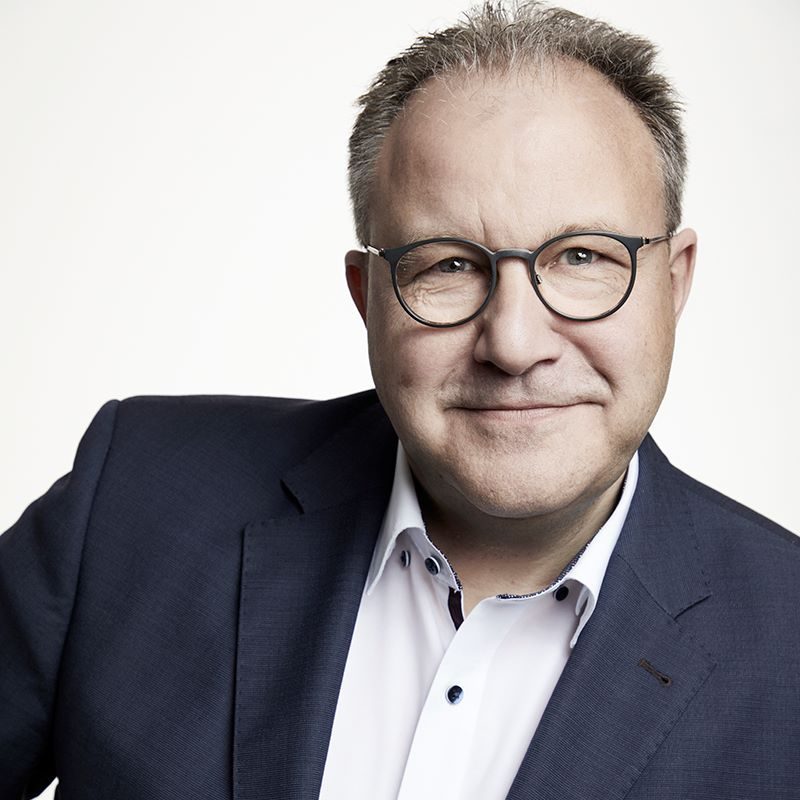
Faculty: Economics and Administrative Sciences
Department: Business Management
Course Code: BUS497
Course Description: Brand Management is a comprehensive course designed to immerse students in the world of branding, emphasizing its paramount importance in modern business. Through this course, students will explore the essence of brands, their strategic significance, and the dynamic landscape they operate in. The curriculum delves into fundamental branding principles, equipping students with the skills to analyze, create, and nurture strong brand identities. It also encompasses consumer behavior insights, global brand management challenges, ethical considerations, and the measurement of brand effectiveness. Moreover, students will engage in practical exercises, including a group project, to develop a deep understanding of brand management’s real-world applications. This course empowers participants to become adept brand strategists ready to tackle the evolving branding challenges of the future.
This course aims to equip students with a profound understanding of brand management, enabling them to navigate the complex and ever-changing world of branding with confidence and expertise. Through a blend of theoretical knowledge and practical applications, students will develop the ability to analyze, create, and strategically manage brands to drive business success. By exploring the core principles of branding, students will gain insights into the significance of brand equity, positioning, and differentiation. They will also delve into the intricacies of consumer behavior and perception, learning how to build and maintain strong brand relationships.
Furthermore, this course aims to foster a global perspective on brand management, addressing the challenges and opportunities associated with international markets. It emphasizes ethical considerations in branding and equips students with the tools to measure and evaluate brand performance effectively. Ultimately, this course aims to empower students to become effective brand strategists who can apply their knowledge to solve real-world brand management challenges and make informed decisions in an increasingly competitive and dynamic business environment.
Learning Outcomes: Upon successfully completing the course, students will be able to;
- Understand the core concepts of brand management
- Understand the factors that will increase the success of brand management
- Understand the brand management process of a person/product
- Understand the impacts of the global business world on brand management
Who can participate: All Students Interested in Brand Management and Marketing in a Colorful World
Prerequisites: Basic Marketing Management Knowledge
Participation Limit: 30 students
Course Materials: Lecture Notes to be shared during the courses
Recommended Books:
- Keller, K. L. (2019). Strategic Brand Management: Building, Measuring, and Managing Brand Equity (5th ed.). Pearson
- Christoph Burmann, Nicola-Maria Riley, Tilo Halaszovich, Michael Schade (2017), Identity-Based Brand Management. SpringerGabler
- Aaker, D. A. (2014). Aaker on Branding, 20 Principles that Drive Success. Morgan James Publishing
- Gary Armstrong, Philip Kotler, Marc Oliver Opresnik (2020). Marketing – An Introduction. Pearson
Curriculum:
| Week 1 | ||||
| Day 1 | Day 2 | Day 3 | Day 4 | Day 5 |
| Basics of Marketing | Market Analysis Segmentation, Targeting, and Positioning The Marketing Mix: 4Ps of Marketing Product, Price, Place, and Promotion Strategies. A Communication Perspective, Brand Positioning, and Value | Brands and Brand Management: Why Do We Study It? | The Role of Brands Branding Concepts: Brand Awareness (Recognition and Recall), Brand Identity and Brand Image, Brand Personality, Brand Judgments, and Brand Loyalty | Brand Equity; Marketing Programs for Brand Equity |
| Week 2 | ||||
| Day 1 | Day 2 | Day 3 | Day 4 | Day 5 |
| Choosing Brand Elements: Other Branding Concepts | Brand Portfolio Management | Global Branding | Managing Brands in The Digital Era | Presentations |
| Online Component |
| Project Work/Presentations |
Assessment and Evaluation
- Attendance/Participation (10%)
- Homework (20%)
- Project Work/Presentations (40%)
- Final Exam (30%)
IAU reserves the right to cancel any of the courses if insufficient enrollment occurs (Less than 10 participants)
Digital Marketing, 5 ECTS (Blended Online Mobility Erasmus+)
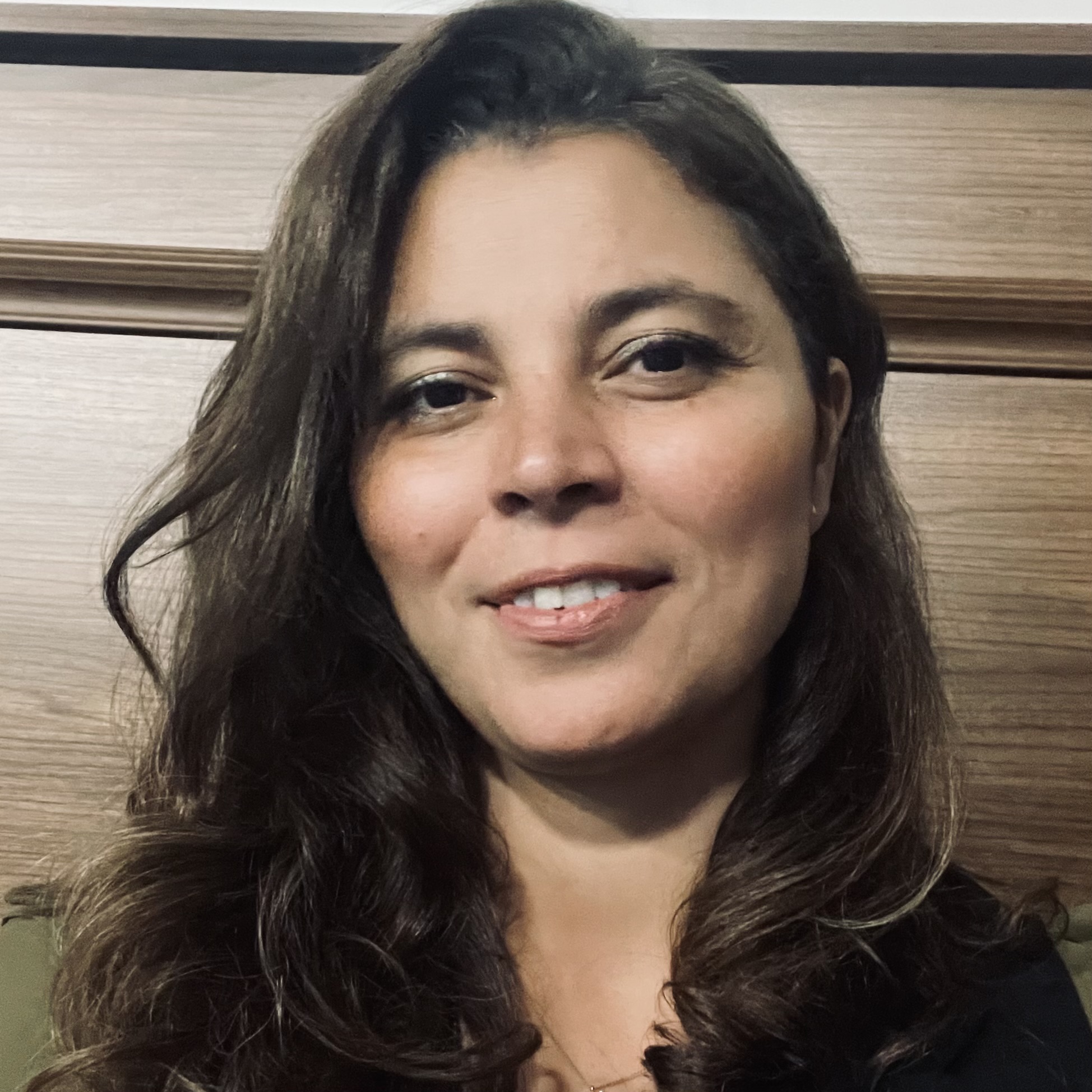
Faculty: Economics and Administrative Sciences
Department: Business Management
Course Code: BUS311
Course Description: Because of the digital revolution, companies are increasingly shifting marketing efforts from traditional media to digital media such as search engines, social media, and mobile. New technologies influence customers and also have an impact on firm performance. It is important for marketing managers to understand digital strategies and familiarize themselves with some of the technologies underlying them. This course is designed to provide an introduction to digital marketing and focuses on the integration of technology and data in every aspect of marketing to enhance customer experience and secure business success through meaningful engagement and connections.
This course aims students to understand why customers and data have become so essential to marketing, how brands can use customer data to market more effectively, how marketers and business owners can take full advantage of authentic content and online connections to build brand presence and foster loyalty and learn primary means to connect and engage with customers in a digital world.
Learning Outcomes: Upon successfully completing the course, students will be able to;
- Be familiar with the concepts, theories, and issues in digital marketing
- Familiarize with the key technologies and strategies used by firms in digital advertising
- Understand the key metrics in web and social media analytics
- Develop analytical abilities to understand how digital technology is influencing consumer behavior
- Make independent assessments of the digital marketing strategies of companies
- Develop teamwork, critical thinking, and business communication skills
Who can participate: All undergraduate and postgraduate students in social sciences, business, marketing, humanities, arts, communication, political sciences, philology, and journalism.
Prerequisites: Basic Principles of Marketing Knowledge
Participation Limit: 30 students
Course Materials: eMarketing: The Essential Guide to Marketing in a Digital World, 7th Edition, 2022 (available as a free downloadable PDF, click here)
Recommended Books:
- Sweeney, Benjamin, Digital Marketing QuickStart Guide: The Simplified Beginner’s Guide to Developing a Scalable Online Strategy, Finding Your Customers, and Profitably Growing Your Business. ClydeBank Media LLC, 2022.
- Dave Chaffey and Fiona Ellis-Chadwick, Digital Marketing, 8th Edition, Pearson, 2022
- Chuck Hemann and Ken Burbary, Digital Marketing Analytics: Making Sense of Consumer Data in a Digital World, 2nd edition, Que Publishing, 2018
Curriculum:
| Week 1 | ||||
| Day 1 | Day 2 | Day 3 | Day 4 | Day 5 |
| Introduction to Marketing and Digital Marketing | Online Market Research and Digital Marketing Strategy | Search Engine Optimization (SEO) and User Experience (UX) | Web Development and eCommerce | Content Marketing |
| Week 2 | ||||
| Day 1 | Day 2 | Day 3 | Day 4 | Day 5 |
| Social Media Marketing | Quiz – I Direct marketing | Search and Social Media Advertising | Online and Display Advertising | Quiz – II Web analytics |
| Online Component |
| Presenting Group Project Presentations |
Assessment and Evaluation:
- Quiz – I (15%)
- Quiz – II (15%)
- Group Project Presentation (30%)
- Final Exam (40%)
IAU reserves the right to cancel any of the courses if insufficient enrollment occurs (Less than 10 participants)
International Organizations and World Politics, 5 ECTS (Blended Online Mobility Erasmus+)
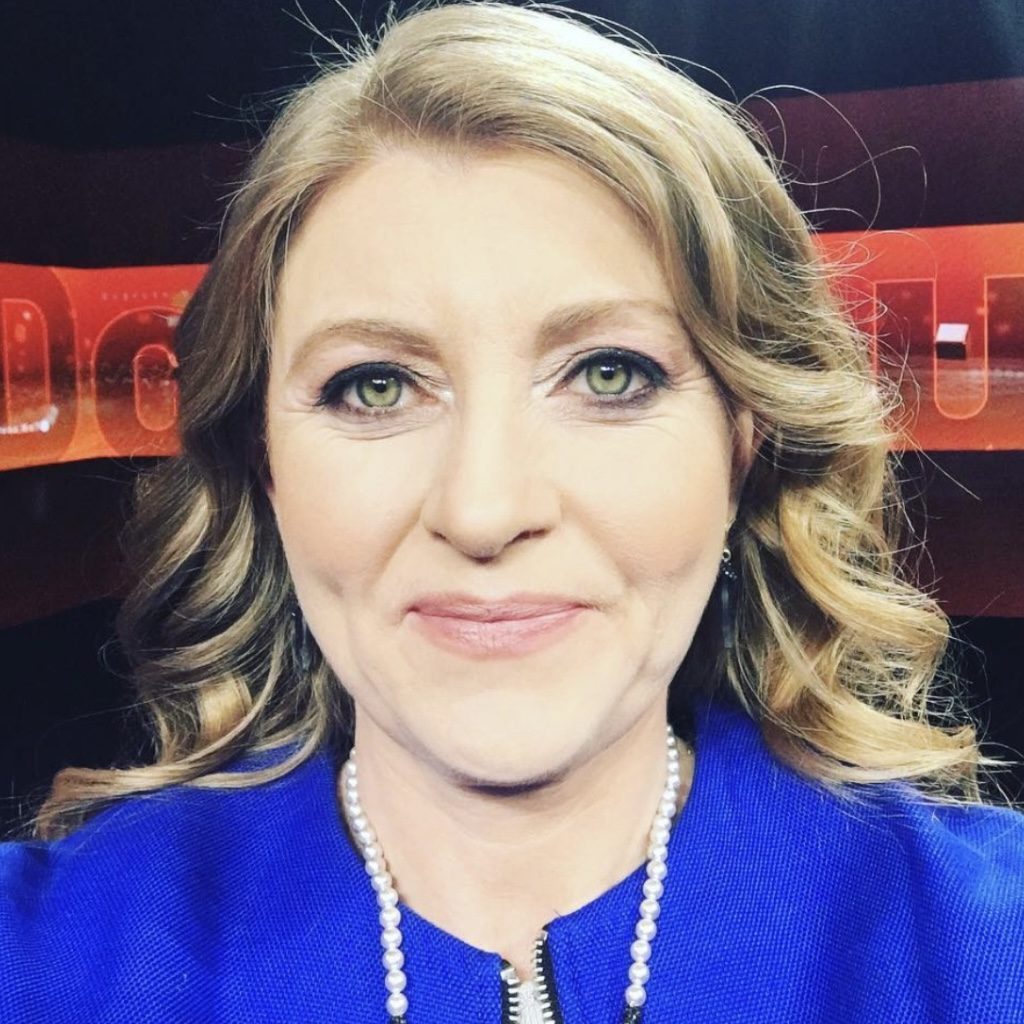
Faculty: Economics and Administrative Sciences
Department: Political Science and International Relations
Course Code: PSR431
Course Description: The course mainly explores international organizations’ role, functions, and effectiveness in international politics from theoretical/conceptual and empirical perspectives. In doing so, the course also examines approaches of great powers and middle powers to the issues of international organizations, global governance, and world politics in detail. While exploring possible ways of improving the capacity of the international community as a whole to deal with global challenges, the course aims to help students gain a deeper understanding of how international organizations work (or don’t), as well as the margins of maneuverability within them for improving outcomes. The course combines theoretical and policy-oriented perspectives in examining the performance of international organizations in the issue-areas of peace and security, economic and social development, democratization, and human rights.
Learning Outcomes: Upon successfully completing the course, students will be able to;
- Analyze the role and status of international organizations in world politics from theoretical and empirical perspectives
- Analyze the approaches of great powers and middle powers to the issues of international organizations, global governance, and world politics in detail
Who can participate: The course is open to undergraduate and graduate students in social sciences, international relations, humanities, arts, communication, political science, economics, management, journalism, and business administration
Prerequisites: Desire to enhance knowledge and improve critical thinking skills in international politics
Participation Limit: 20 students
Course Materials: Readings will be shared with students. There is a course book, recommended journal articles, policy briefs, and think tank reports. Students will also watch interesting videos on YouTube concerning the issues of daily lectures.
Curriculum:
| Week 1 | ||||
| Day 1 | Day 2 | Day 3 | Day 4 | Day 5 |
| Theoretical Approaches to International Organizations and World Politics – Mainstream Perspectives | Theoretical Approaches to International Organizations and World Politics – Critical/Alternative Perspectives | The Postwar Liberal International Order and the United Nations system | The Emerging Post-liberal International Order and Challenges to the United Nations System | American Approaches to World Politics and International Organizations – The Case of NATO and American Hegemony |
| Week 2 | ||||
| Day 1 | Day 2 | Day 3 | Day 4 | Day 5 |
| European Approaches to International Organizations and World Politics – The Case of the European Union | Chinese and Russian Approaches to International Organizations and World Politics – The Cases of the Shanghai Cooperation Organization, BRICS, and the Belt and Road Initiative | International Organizations and World Politics – Perspectives from the Global South | International Organizations and World Politics Concerning Climate Change, Pandemics, Artificial Intelligence, Refugees and Migrants | The Future of Globalization and Debates on a new Cold War – The Promise of International Organizations in the Emerging Century |
| Online Component |
| Presenting Research Projects Presentations |
Assessment and Evaluation
- Class Attendance & in-class Participation (10%)
- Research Project (25%)
- Research Project Presentations (25%)
- Final Exam (40%)
IAU reserves the right to cancel any of the courses if insufficient enrollment occurs (Less than 10 participants)
Faculty of Fine Arts
Art, History and Heritage of Anatolia, 5 ECTS (Blended Online Mobility Erasmus+)
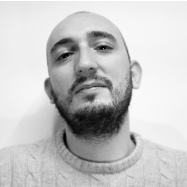
Instructor: Assist. Prof. Dr. Mesut Batuhan Çankır
Email: [email protected]
Short Biography: Click Here
Faculty: Fine Arts
Department: Art and Culture Management
Course Code: SAY331
Course Description: Istanbul and Antalya… One is the beautiful jewel of the Mediterranean, full of history and culture. The other connects two continents and has been a meeting point for civilizations for centuries. This special program offers participants a two-week, interactive journey to discover the rich cultural and artistic heritage of Anatolia.
Within the two weeks, students will learn quite a lot of information about Anatolian and Turkish art through presentations in classrooms, and then they will apply this information in museums experimentally. The Course contains Hittite, Phrygian, Lydian Arts, Traditional Arts, Calligraphy, Miniatures, Tiles, the best works of contemporary Turkish artists, and many more.
The museums that will be visited are the Istanbul Archeological Museums, Topkapı Museum, Sakıp Sabancı Museum, Pera Museum, Proje 4L Museum, İstanbul State Art and Sculpture Museum, and Istanbul Modern Museum.
Learning Outcomes: Upon successfully completing the course, the students will be able to;
- Identify Anatolian, Traditional, and Contemporary Turkish art
- See and Discover Istanbul’s Museums
- Understand the Differences Between Art Disciplines and Movements
Who can participate: The course is open to all undergraduate and graduate students
Prerequisites: –
Participation Limit: 20 students
Course Materials: Readings will be shared during the course
Curriculum:
| Week 1 | ||||
| Day 1 | Day 2 | Day 3 | Day 4 | Day 5 |
| Anatolian Civilizations | Traditional Turkish Art – I | Traditional Turkish Art – II | Contemporary Turkish Art – I | Contemporary Turkish Art – II |
| Week 2 | ||||
| Day 1 | Day 2 | Day 3 | Day 4 | Day 5 |
| Visiting Sakıp Sabancı Museum | Visiting Museum of Turkish and Islamic Art | Visiting Pera Museum & Taksim Galleries | Visiting Istanbul Modern | Final Exam & Wrap-up |
| Online Component |
| Project Presentations |
Assessment and Evaluation:
- Midterm Exam (20%)
- Project Presentation (40%)
- Final Exam (40%)
IAU reserves the right to cancel any of the courses if insufficient enrollment occurs (Less than 10 participants)
Faculty of Medicine
Genetics and Medical Biotechnology, 6 ECTS (Blended Online Mobility Erasmus+)
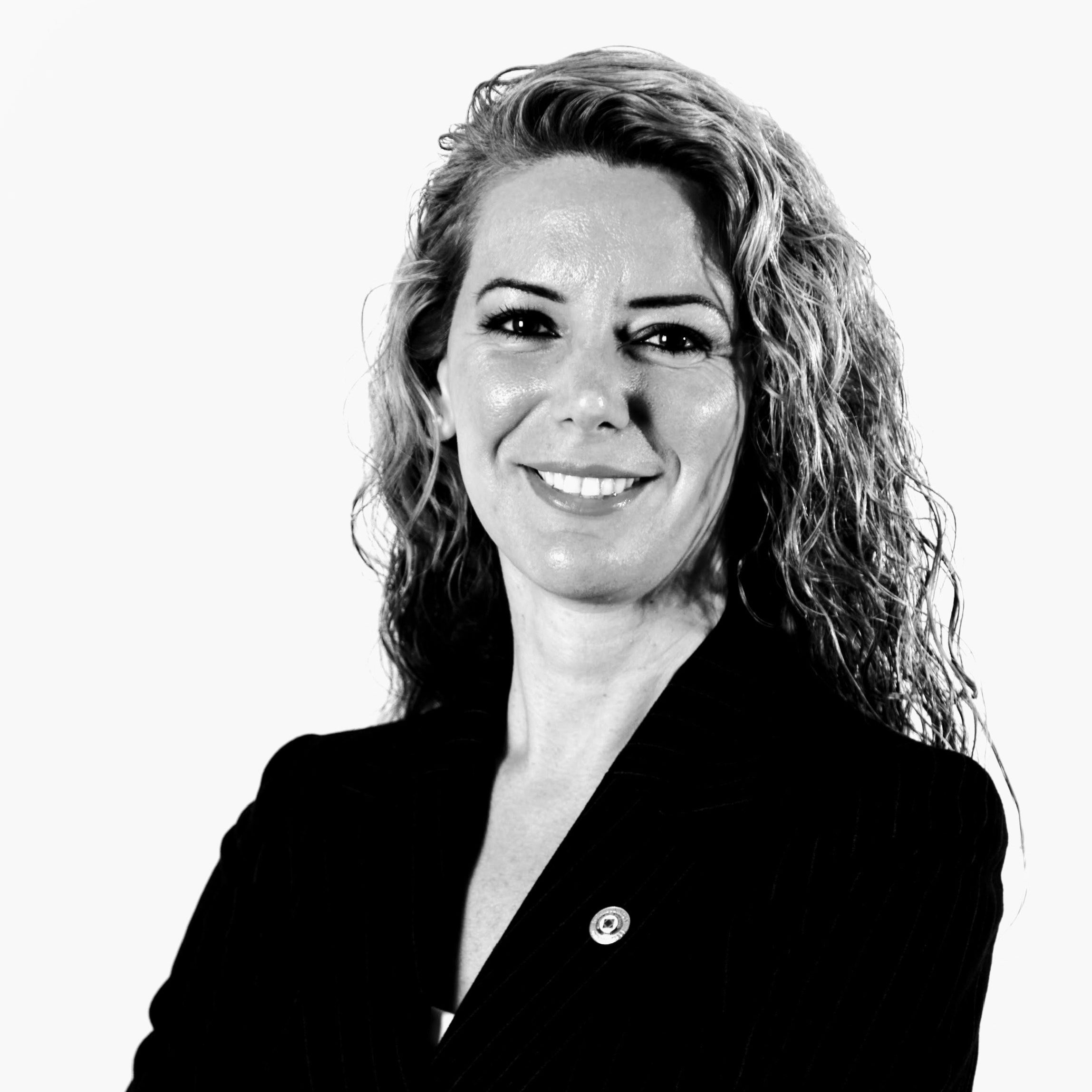
Faculty: Medicine
Department: Medical Biology and Genetics
Course Code: MED111
Course Description: Medical biotechnology, with the growth in genetic engineering technology and the advancement of research in biotechnology, has experienced rapid growth in recent years. This natural science field leads to opportunities to develop innovative technologies to improve human health by preventing, diagnosing, and treating genetic diseases. In this line, Medical Biotechnology has revolutionized the health system and combines engineering technologies with biological sciences to regulate systems and living organisms. Genome sequencing, cloning, stem cell research, and gene therapy, combined with CRISPR/Cas9 technology, are the most important benefits of genetic engineering that make this field indispensable in the modern world.
The course aims to teach advanced lessons in the biological processes meant for medical biotechnology and other purposes. During the course, the concept of medical biotechnology and its connections with human genetic diseases will be covered systematically from the central dogma of genetics and then generalized with the recent applications in biotechnology, with special topics.
The course is designed in two parts which will provide students the opportunity to learn not only the theoretical part of the course but also apply the practical part in our laboratories by using Genomic DNA Isolation and Measurement Procedures, Polymerase Chain Reaction (PCR), RFLP, Agarose Gel Electrophoresis, Sequencing, and Bioinformatics Tools. A unique aspect of this course is its focus on biotechnology in medicine.
Learning Outcomes: Upon successfully completing the course, the students will be able to;
- Understand Basic Concepts of Genetics and Medical Biotechnology
- Learn Specific Techniques Applied in Medical Genetics
- Gain Knowledge About Genetic Engineering Technology
- Learn Innovative Techniques in Medical Biotechnology
Prerequisites: Basic Genetics and Computer Skills
Who can participate: Students from the Faculty of Medicine, Genetic Engineering, Science, and Arts (Genetics, Biotechnology, Bioinformatics, Neuroscience, Biochemistry) departments.
Participation Limit: 20 students
Curriculum:
| Week 1 | ||||
| Day 1 | Day 2 | Day 3 | Day 4 | Day 5 |
| The Biotechnology Century and Its Workforce | Introduction to Genes and Genomes, Genomic DNA Isolation, and Measurement | Genetic Engineering: Recombinant DNA Technology and PCR Experiment | Proteins as Final Products of Genes and RFLP Experiment | Midterm Exam Medical Biotechnology and Its Applications: Agarose Gel Electrophoresis |
| Week 2 | ||||
| Day 1 | Day 2 | Day 3 | Day 4 | Day 5 |
| Bioinformatics and Genomic Databases | The Greatest Discovery: The Human Genome Project and Sequence Analysis | Cancer Genetics, Pharmacogenomics and Bioinformatics Tools | Final Exam Gene Therapy, CRISPR/Cas9 Technology, and Agarose Gel Electrophoresis | Ethics and Medical Biotechnology |
| Online Component |
| Research (HW) Project Presentations |
Assessment and Evaluation:
- Research (HW) Project Presentation (30%)
- Midterm Exam (30%)
- Final Exam (40%)
IAU reserves the right to cancel any of the courses if insufficient enrollment occurs (Less than 10 participants)
Faculty of Dentistry
Dentistry Hands-on Training (Certificate Program)
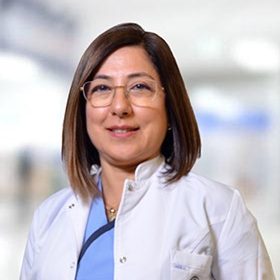
Instructor: Assoc. Prof. Dr. Işıl Kaya Büyükbayram
Email: [email protected]
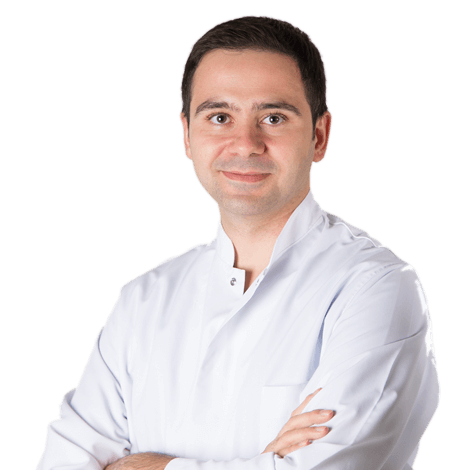
Instructor: Assoc. Prof. Dr. Cenker Zeki Koyuncuoğlu
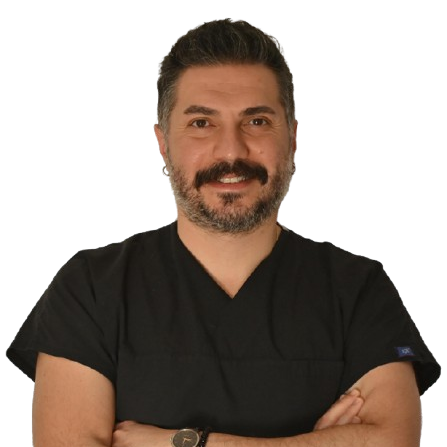
Instructor: Assist. Prof. Dr. Muhammet Çağlar Bursa
Email: [email protected]
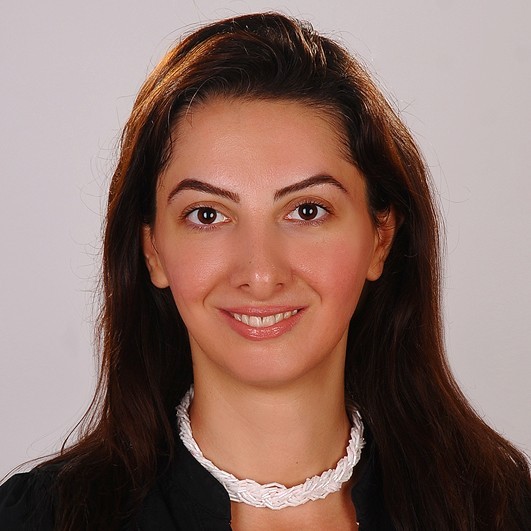
Instructor: Assist. Prof. Dr. Duygu Bilgili
Email: [email protected]
Faculty: Dentistry
Department: Dentistry
Course Description: Dentistry is the field of oral and maxillofacial diseases, including their prevention, diagnosis, and treatment. It is crucial to preserving dental health, which is necessary for overall well-being. Beyond teeth and gums, dentistry cares for the entire oral and craniofacial region, emphasizing the link to overall health. Oral health has a big impact on quality of life since disorders like gum disease can affect systemic issues like diabetes and heart disease. Dentistry promotes public health and long-term well-being by focusing on prevention and advanced care.
This course aims to equip dental professionals with the necessary skills for advanced clinical treatments. Participants will learn adequate suturing techniques for wound closure and tissue management, how to use rubber dams effectively to guarantee isolation and moisture control during treatments, and how to use rotary instruments to perform precise and efficient endodontic procedures. This comprehensive training combines theoretical knowledge with hands-on practice, increasing participants’ proficiency in these important facets of modern dentistry.
Learning Outcomes: By completing the Suture, Rubber Dam, and Endodontic Rotary Instrumentation Course, participants will:
- Develop expertise in suturing techniques for effective wound closure and tissue management
- Learn to use rubber dams for optimal isolation and moisture control during treatments
- Use rotary endodontic instruments for precise and efficient root canal procedures
- Enhance clinical accuracy and improve patient outcomes through advanced techniques
Prerequisites: Basic Knowledge in the field of Dentistry
Who can participate: Students from the Faculty of Dentistry
Participation Limit: 20 students
Curriculum:
| Program Flow | ||||
| Day 1 (26 Jan) | Day 2 (27 Jan) | Day 3 (28 Jan) | Day 4 (29 Jan) | Day 5 (30 Jan) |
| Arrivals | Suture Materials and Making Suture | Rubber-Dam Applications | Rotary Instrument Usage in Endodontic Treatment | Full Digital Chairside Workflow in Resin 3D Printing |
IAU reserves the right to cancel any of the courses if insufficient enrollment occurs (Less than 10 participants)
